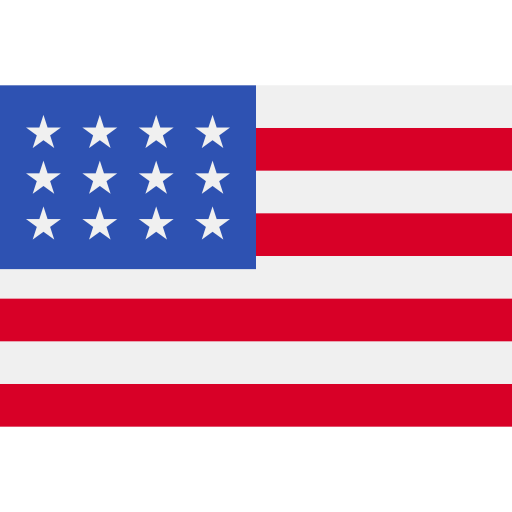
This logo isn't an ad or affiliate link. It's an organization that shares in our mission, and empowered the authors to share their insights in Byte form.
Rumie vets Bytes for compliance with our
Standards.
The organization is responsible for the completeness and reliability of the content.
Learn more
about how Rumie works with partners.
What comes to mind when you hear human resources (HR)? Recruitment, staffing issues, overseeing payroll and benefits programs?
These are some of the great parts of the job that ensure efficiency and greater innovation within a company.
 Photo by Amy Hirschi on Unsplash
Photo by Amy Hirschi on UnsplashIf you're interested in contributing to a company's organization and performance, then the role of a chief human resources officer (CHRO) might be the right fit for you!
Did you know?
What Does A Chief Human Resources Officer Do?

The CHRO provides leadership strategies aligned with a company's business plan. These strategies are usually focused on developing human resources, that is, people. The strategies include:
retention and succession plans
talent management
organizational & performance management
employee engagement
training & development
compensation plans
Quiz
What else can a CHRO do? Select all that apply.
Modern organizations are aware that human resources go beyond operational tasks and focus on matters related to people, such as engagement and branding. That's why a CHRO is important to shaping company culture.
How Can I Become A Chief Human Resources Officer?
 Photo by Brett Jordan on Unsplash
Photo by Brett Jordan on UnsplashHere's what you need:
a Bachelor's degree in Human Resources from an accredited university/college
Masters of Arts (MA) or Business Administration (MBA) in Human Resources or a related field
Senior-level certification for human resources professionals, e.g., SHRM Senior Certified Professional (SHRM-SCP)/SHRM Certified Professional (SHRM-CP) certification
Practical experience in human resources related roles, e.g., training employees
You'll Love Being A Chief Human Resources Officer If...
 Photo by Scott Graham on Unsplash
Photo by Scott Graham on Unsplashyou love people.
you're an excellent communicator with strong analytical & problem-solving skills.
you're flexible and adaptable to change.
you have excellent interpersonal & conflict resolution skills.
you demonstrate supervisory & leadership skills.
You'll Dislike Being A Chief Human Resource Officer If...
 Photo by Afif Kusuma on Unsplash
Photo by Afif Kusuma on Unsplashyou're not keen on prolonged periods working at a desk.
you're not keen on flexibility and adaptability to different audiences (staff, executive management team, shareholders, and the board of directors).
you find it challenging to resolve staff issues.
you prefer working in slow-paced, predictable environments.
Take Action

"I think I want to be a chief human resource officer (CHRO). How do I start?"
This Byte has been authored by
Lilian Santana
learning consultant

 The U.S.A:
The U.S.A: